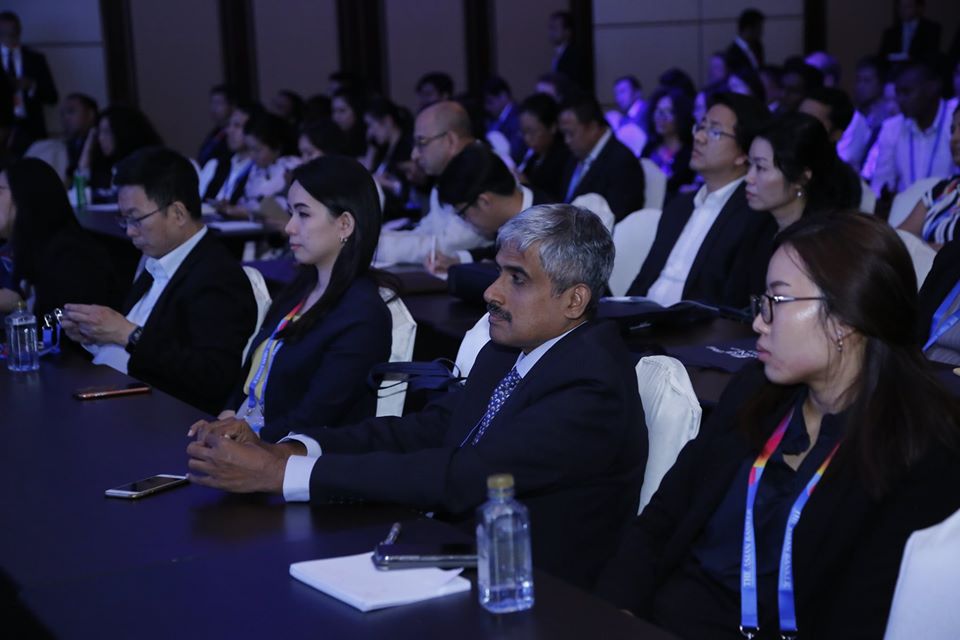Interview with Jimmy Wales
Co-founder of Wikipedia
New Cycle for Inventive Risk and Regulation
Review the global regulatory horizon, navigate your regulation and embrace change for a better culture
Key dialogues on data and technologies to build a meaningful paradigm around regulation
Network with over 1,000 global thought leaders, innovators and senior industry practitioners
The financial services industry is dealing with an influx of transformations in risks and regulations that will reshape it. At first, it was focused on the fallout from the global financial crisis, during which time there was almost a global consensus on the risks that the industry was facing. Then, nationalist and populist movements turned the tides. The United States vowed to “dismantle” the post-crisis Dodd-Frank Wall Street Reform and Consumer Protection Act. In the United Kingdom, the decision to leave the European Union triggered an inquiry from the House of Lords Financial Affairs Committee into how UK-based financial services companies might retain their passporting rights.
As regulators are still finalising previously outlined rules, financial institutions are continuously expanding the array of risks that come with new types of players, technologies, ever-growing complexities of national and international regulations, as well as changing consumer behaviour. Financial players have to develop their strategies to proactively address the impact of digitisation on areas such as compliance, accountability, transparency, risk management and data governance.
We have also included cybersecurity risk in this year’s conference to deal with the new paradigms of risks and regulations coming from this stream. It is a full plate, but one that is required to gain a conceptual clarity of the paradigms needed to guide you and your organisation through a fundamentally different era. The changes in the financial services landscape, whilst bringing new opportunities, also brings new risks that must be effectively monitored and mitigated by regulators.






